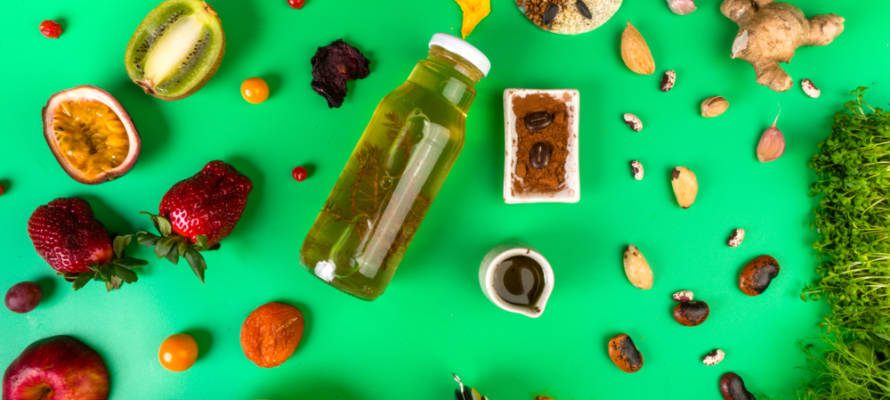Shocking discovery reveals foods thought to be healthy could be a cancer culprit for some people.
By Yakir Benzion, United With Israel
A team of researchers at the Hebrew University of Jerusalem may have figured out why colon cancer is so common, while higher up the digestive tract it is rare to find cancerous tumors.
It’s certainly healthy to eat foods high in polyphenols, like fruits, vegetables, herbs, spices, tea, dark chocolate, and red wine. The shocking news, however, is that those foods may actually be harmful to people who are susceptible to colon cancer.
A research team led by Professor Yinon Ben-Neriah discovered a key in the protein known as p53 produced from the TP53 gene, a well-known and highly studied gene that belongs to the group of ‘tumor suppressor genes.’
The p53 protein normally works against cancers, but sometimes cancers fight back and cause a mutation in the TP53 gene. When that happens, it switches roles and actually starts to help the cancer grow.
The researchers found that the difference in the types and quantities of bacteria in the upper and lower intestinal tracts are a key factor.
They examined the development of mutations in the equivalent Trp53 gene in mice and were amazed at the results after the mice received antibiotic treatment that eliminated most of the bacterial flora in their intestines. Without those bacteria, no bowel tumors developed in the mice that had the cancer-inducing mutations in the Trp53.
On the other hand, if the gut produces high levels of metabolites – anti-oxidants like those found in certain bacteria and antioxidant-rich foods – then it acts as a hospitable environment to mutated genes, and those ‘healthy foods’ can instead accelerate the growth of bowel cancers.
The researchers concluded that people at risk for colon cancer might actually consider reducing their intake of foods that contain those normally healthy anti-oxidants, which could accelerate cancer growth if they have the mutated TP53 gene.
At the same time, the study suggests that more research needs to be done to sample bacteria in the colons of at-risk people. If those bacteria that target TP53 mutants to cancerous activity are detected, doctors might be able to neutralize them with antibiotic therapy or other intestinal treatment.
And if that works successfully, then bring on the red wine, dark chocolate, blueberries and green tea!
